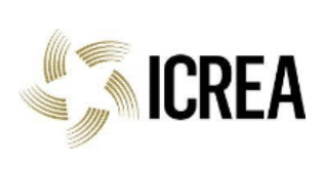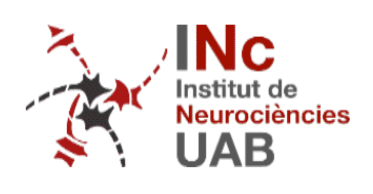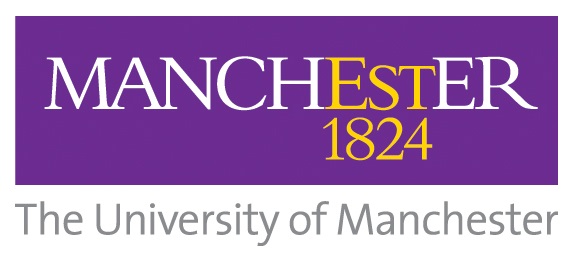International Journal of Pharmaceutics, 2015, 482, 2-10
Monoclonal antibody-targeted PEGylated liposome-ICG encapsulating doxorubicin as a potential theranostic agent
Indocyanine green (ICG) is an FDA-approved, strongly photo-absorbent/fluorescent probe that has been incorporated into a clinically-relevant PEGylated liposome as a flexible optoacoustic contrast agent platform. This study describes the engineering of targeted PEGylated liposome-ICG using the anti-MUC-1 “humanized” monoclonal antibody (MoAb) hCTM01 as a tumour-specific theranostic system. We aimed to visualise non-invasively the tumour accumulation of these MoAb-targeted liposomes over time in tumour-bearing mice using multispectral optoacoustic tomography (MSOT). Preferential accumulation of targeted PEGylated liposome-ICG was studied after intravenous administration in comparison to non-targeted PEGylated liposome-ICG using both fast growing (4T1) and slow growing (HT-29) MUC-1 positive tumour models. Monitoring liposomal ICG in the tumour showed that both targeted and non-targeted liposome-ICG formulations preferentially accumulated into the tumour models studied. Rapid accumulation wa
s observed for targeted liposomes at early time points mainly in the periphery of the tumour volume suggesting binding to available MUC-1 receptors. In contrast, non-targeted PEGylated liposomes showed accumulation at the centre of the tumour at later time points. In an attempt to take this a step further, we successfully encapsulated the anticancer drug, doxorubicin (DOX) into both targeted and non-targeted PEGylated liposome-ICG. The engineering of DOX-loaded targeted ICG liposome systems present a novel platform for combined tumour-specific therapy and diagnosis. This can open new possibilities in the design of advanced image-guided cancer therapeutics.








